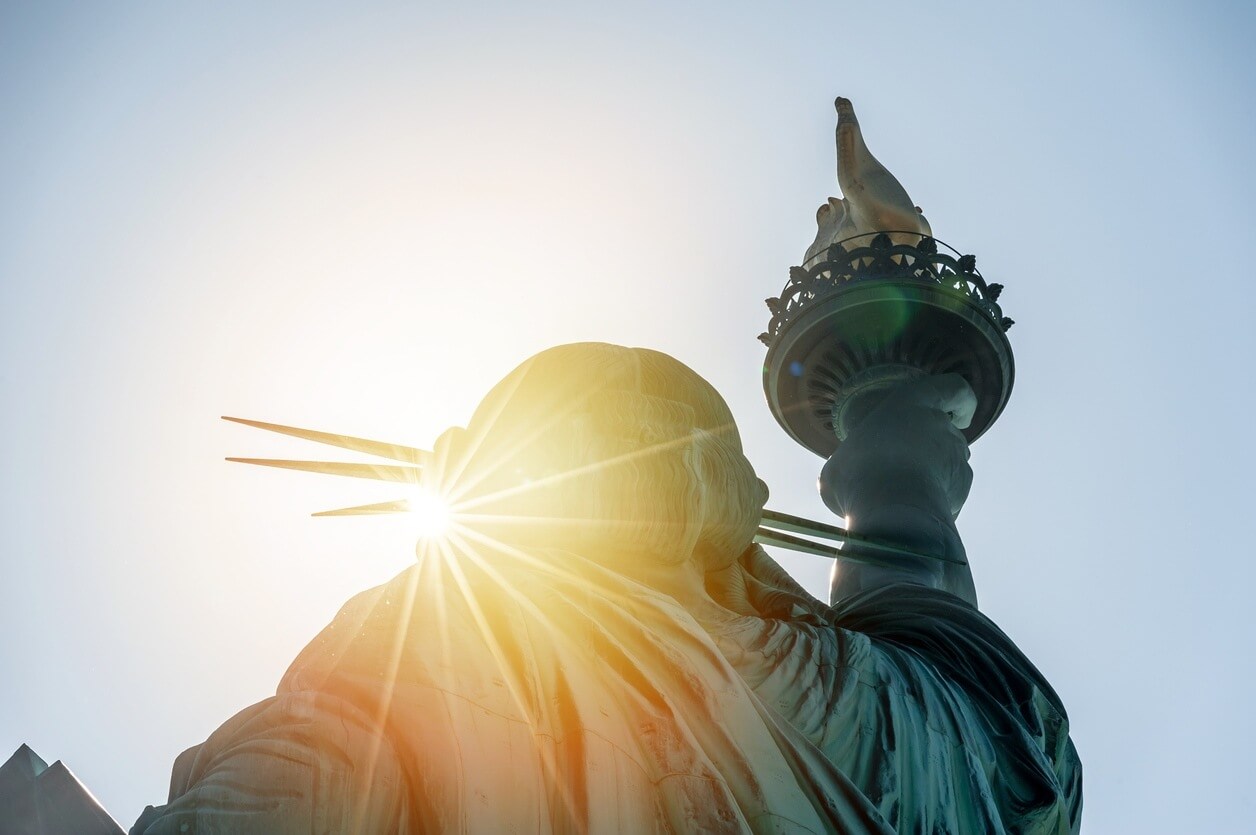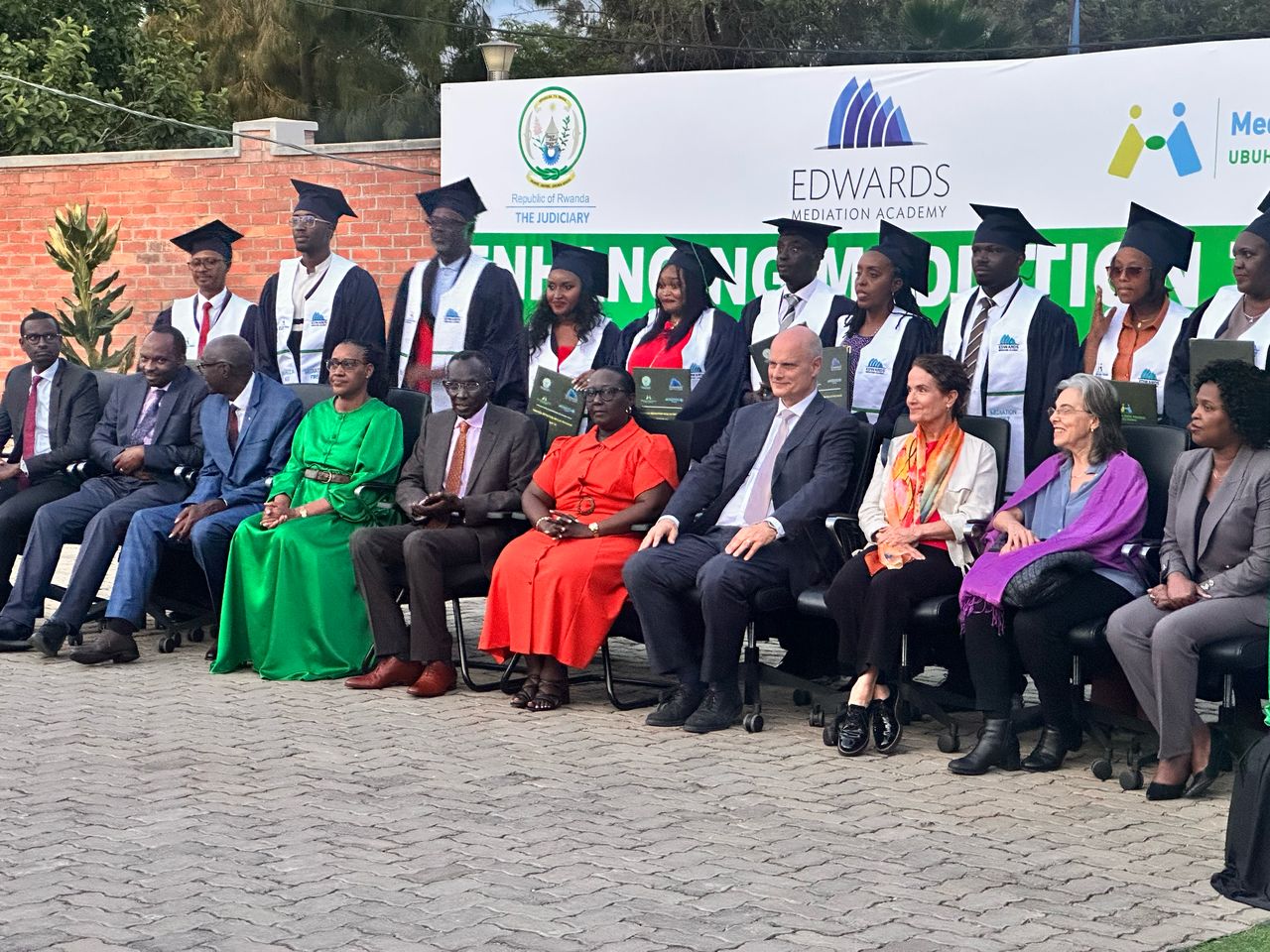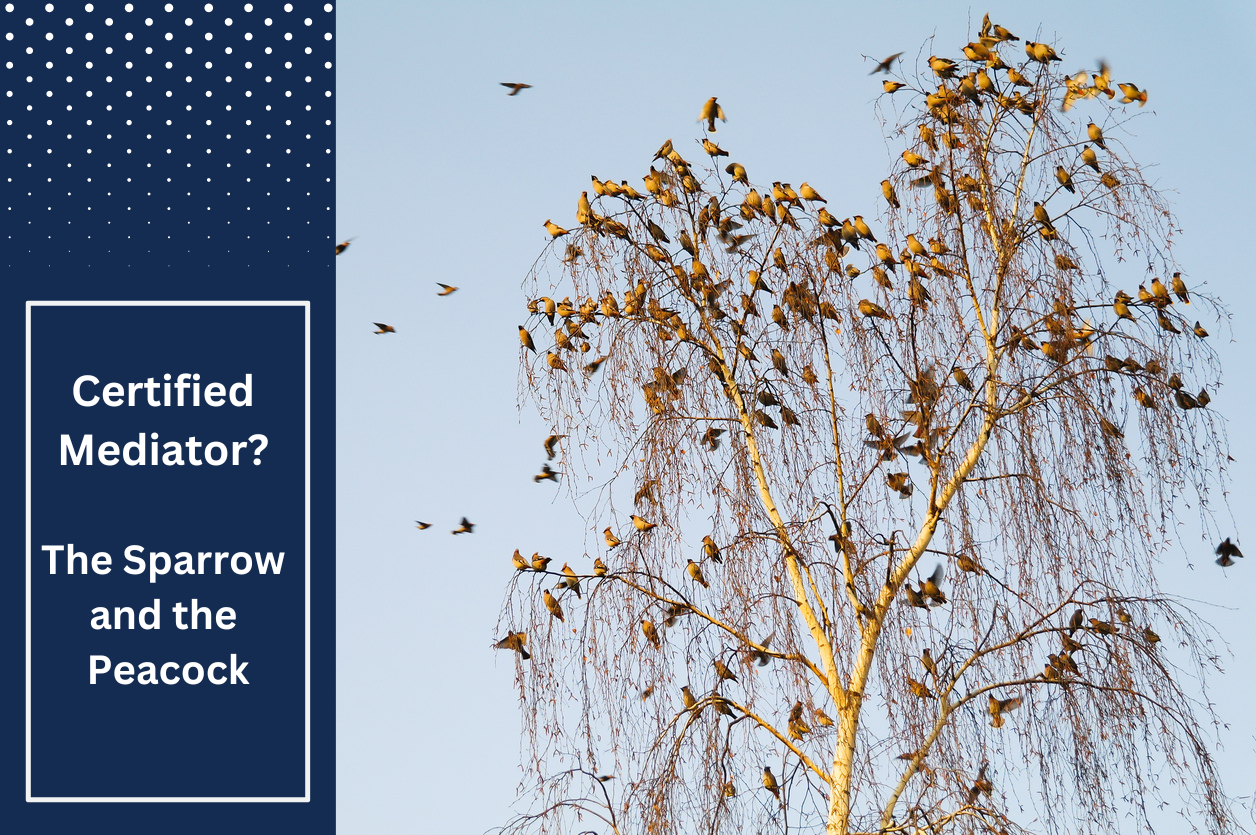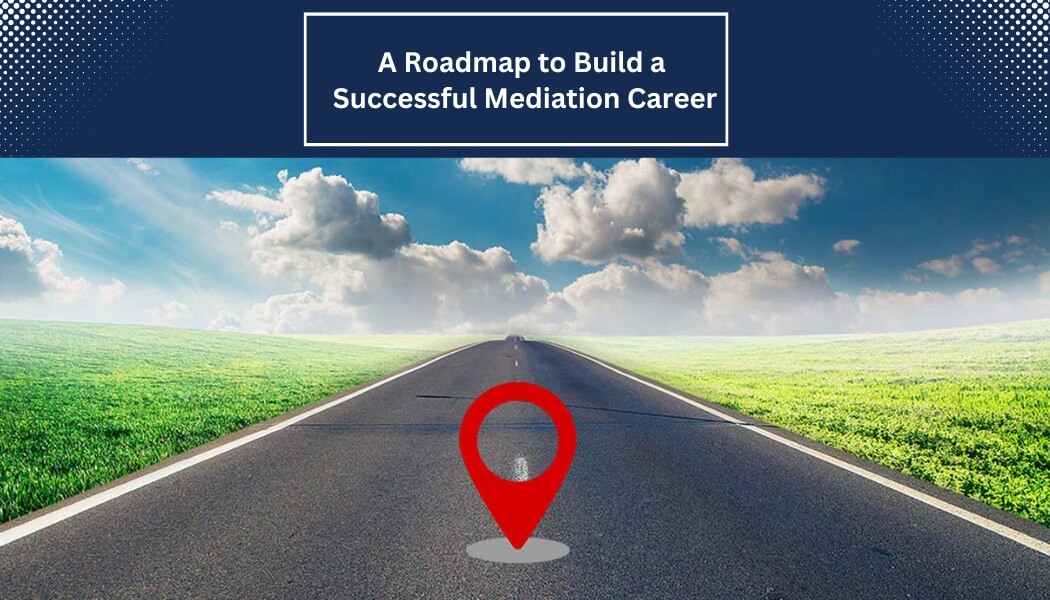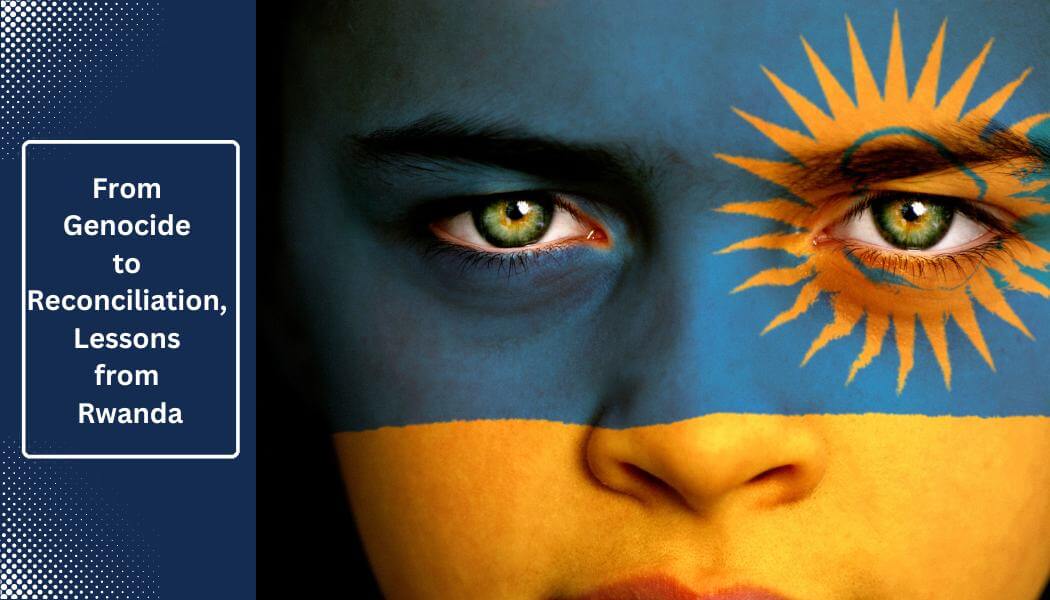In April 1976, The Pound Conference, which was named in honor of Roscoe Pound, the reforming Dean of Harvard Law School in the 1920s and 30s, was held to create a conversation about the need for reform in our judicial system. At the conference, Professor E.A. Sanders, founder of the Harvard Program on Negotiation, proposed that alternative forms of dispute resolution should be used to reduce reliance on conventional litigation. Many in the field of ADR credit this seminal event as the birth of modern dispute resolution system reform.
Forty years later, the International Mediation Institute (IMI) decided to create a similar event, called the “Global Pound Conference Series: Shaping the Future of Dispute Resolution and Improving Access to Justice.” The IMI had the ambitious goal of holding conferences in forty cities around the world to invite a similar conversation. Each event would capture and share a local perspective on issues involving access to justice and “appropriate dispute resolution.”
In late 2015, I accepted the invitation to co-host the conference to be held in San Francisco. Possessing more of a sense of adventure than any true understanding of the challenge, I enthusiastically agreed to help organize and host the event with my friend and co-mediator, Rebecca Westerfield of JAMS. The date was set, February 24, 2017, and we began a year long-odyssey of planning and co-creation with our local Northern California organizing committee. The committee was a hand picked selection of the most experienced mediators, attorneys and thought leaders in the local ADR community.
What is access to justice?
There was one glaring problem for me, however. Looking inward, I had to honestly acknowledge a complete lack of inspiration for the conference. When we in Northern California already represent the future of ADR to many aspiring ADR professionals around the world, what could we possibly learn about the future of ADR? How would a conversation concerning access to justice be meaningful to conference attendees? The harder I contemplated these questions, the more acute my lack of enthusiasm.
Was I simply tone deaf to the issue of access to justice, or worse still, intellectually ill equipped to thoughtfully contribute to the discussion? To say the least, I found myself struggling with my contribution. As is often the case, sometimes if you simply let go of the struggle, life has a way of delivering answers.
Just as with certain mediations, when I tell people the smartest thing I did was to get out of the way and let the options develop, so too it was with my primary question, “Why is access to justice so important to a Northern California audience?” Soon, the answer would appear right in front of me.
Access to Justice in Rwanda and India
In January, I traveled to Rwanda to help train judicial and government officials in mediation. Before the program began, we visited the Genocide Memorial, where we laid flowers on a mass gravesite containing the remains of over 250,000 Rwandans who had been killed in the genocide. We also learned about the post genocide creation of “truth and reconciliation” courts, called Gacaca, which provided meaningful access to justice for its victims. I witnessed a mediation, which brought together a gentleman who had committed atrocities in the genocide and a relative of one its victims, to discuss forgiveness and reconciliation.
In February, I traveled to Bangalore, India to teach mediation skills at the Center for Advanced Mediation Practice. My colleague and co-trainer, Laila Ollapally, invited the former Chief Justice of the India Supreme Court to speak to the group about the critical role of mediation in India. He described a judicial system stretched to the breaking point under the crushing weight of 33 million cases, while posing the question, “At what point does justice delayed become justice denied?” His point was driven home when one of the course participants volunteered that she had recently helped resolve a property dispute involving two generations of an Indian family. The case had languished in the court system for 23 years.
What I learned right here at home
I was tempted to think that these lessons regarding access to justice were unique to cultures outside of our own, but I was mistaken. When I returned home from my trip and landed at the international terminal at San Francisco Airport, I walked past a throng of protestors, angry about the administration’s efforts to restrict immigration. There, in the front row, was a young woman holding a sign that read, “Immigration Attorney. Free Legal Advice.” I was suddenly hit with the realization that access to justice could be lacking even in Northern California. I had found my inspiration for co-chairing the Global Pound Conference, now just days away.
The Global Pound Conference was every bit the collaborative event one would expect from our sophisticated ADR community. Led by the Organizing Committee conference chair, Michael McIlwrath, Chief Global Litigation counsel at G.E.Oil and Gas in Florence, Italy, we held a rich and far-ranging discussion of issues related to access to justice and dispute resolution systems.
Throughout the conference, I couldn’t help but appreciate both the opportunity and the imperative that those of us who have achieved some measure of success in the ADR community help ensure access to justice, while advancing the development of appropriate dispute resolution around the globe. Perhaps this was the greatest lesson to be drawn from the San Francisco Global Pound Conference. I know it was for me.
Bruce A. Edwards is an ADR industry pioneer and recent chairman of the board of directors of JAMS, this country’s largest private provider of ADR services. Along with his wife, Susan Franson Edwards, Mr. Edwards recently cofounded Edwards Mediation Academy, an online education platform dedicated to improving the skills of mediators around the world.
